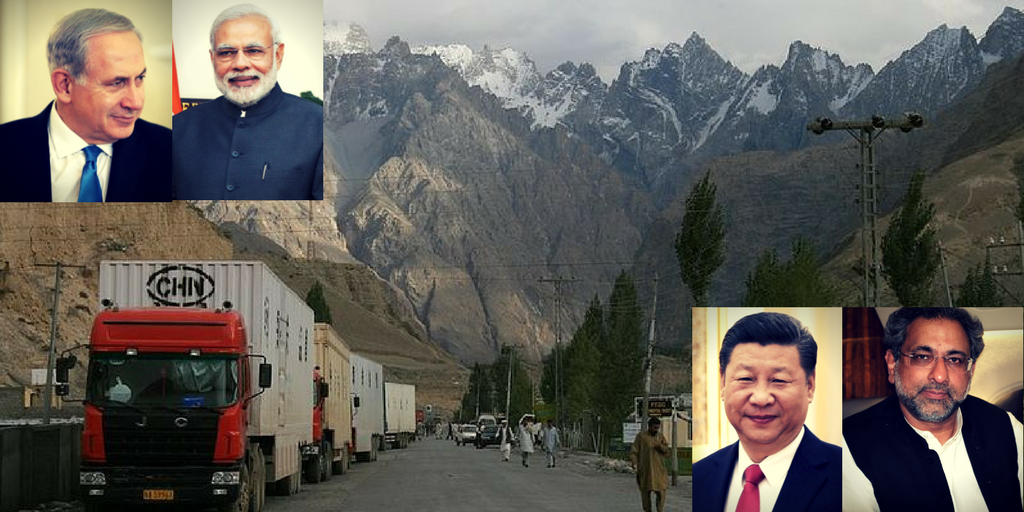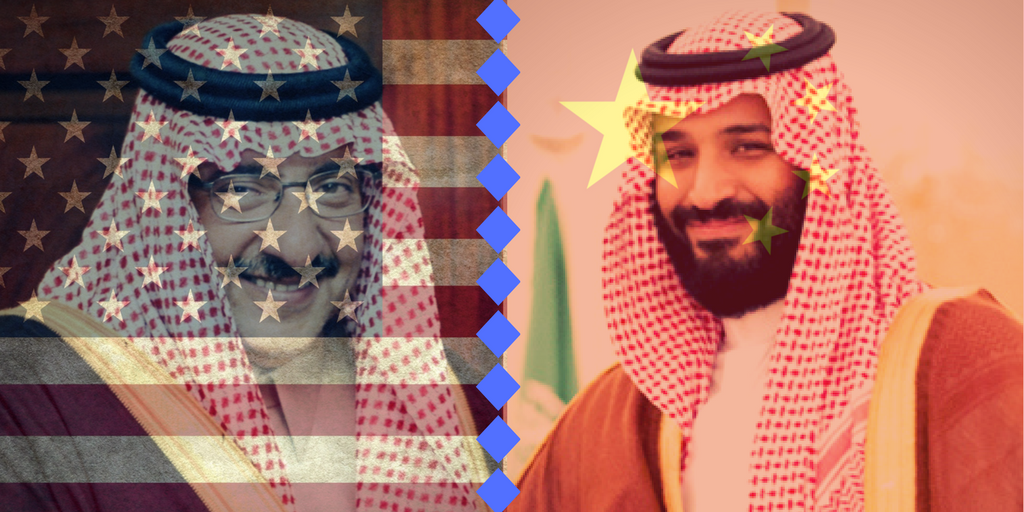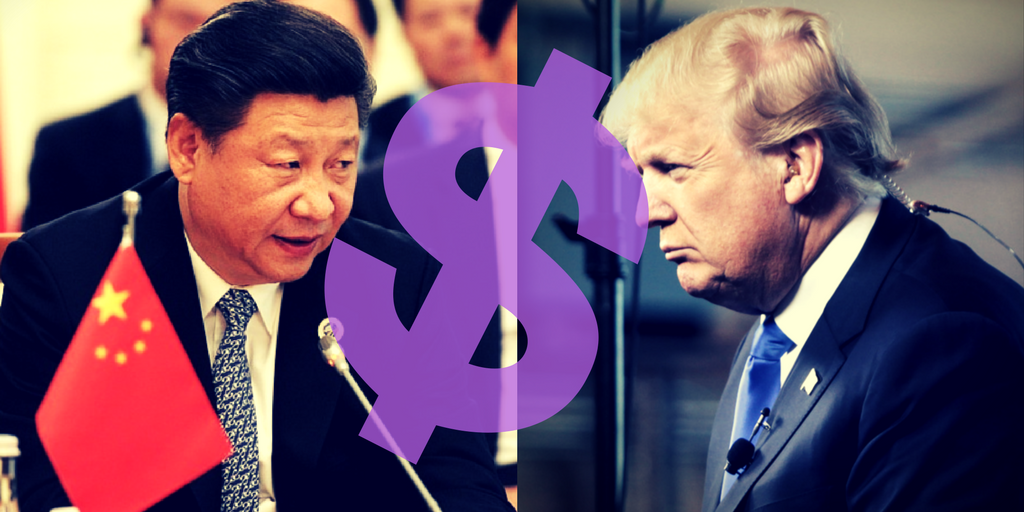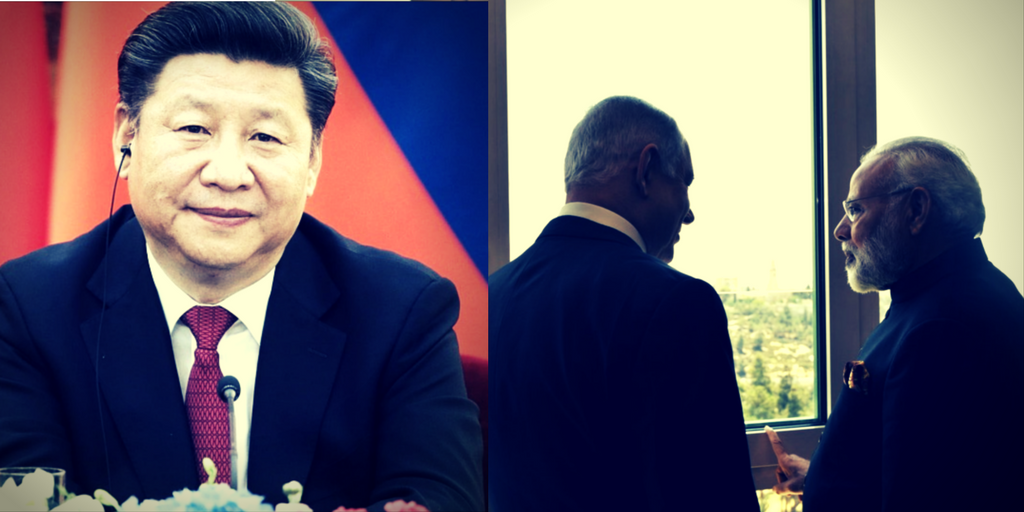The Daily Caller has reported on a planned Chinese base for Pakistan on the Arabian sea. This development comes along with the growing cooperation between the two countries via the Chinese-Pakistan Economic Corridor.
Daily Caller reported the following:
“In the last few months, there have been persistent reports of Chinese survey teams in the areas west of Gwadar, a seaport considered critical to the success of the China-Pakistan Economic Corridor (CPEC), the linchpin to China’s Belt and Road Initiative, an effort to achieve Chinese commercial dominance in South Asia and as a connection to its strategic interests in the Middle East and Africa.
In the last two weeks, meetings held between high-ranking Chinese and Pakistani military officers indicate that a new Chinese military facility will be built on the Jiwani peninsula between Gwadar and the Iranian border. The plan is said to include a naval base and an expansion of the already-existing airport on the peninsula, both requiring the establishment of a security zone and the forced relocation of long-time Balochi residents.”

The prospective Chinese military base in Gwadar would effectively give the Chinese direct access to the Middle East, but also strengthen Pakistan, a mutual rival to India. This development places Israel into a very uncomfortable position far more so than the Doklam dispute between China and India several months ago.
With Israel and India developing a long-term strategic partnership, Netanyahu’s government must decide how to navigate its relationship with China, which has been growing in terms of economic partnerships and Chinese investment into Israel’s infrastructure (i.e. the Ashdod port).
Small border disputes between India and China are one thing, but Chinese encirclement of India, while bolstering avowed enemies of the Jewish state is a completely different level.
In the coming months Israel must figure out how it relates to an expanding China that threatens to upend global norms and place Israel at risk.









